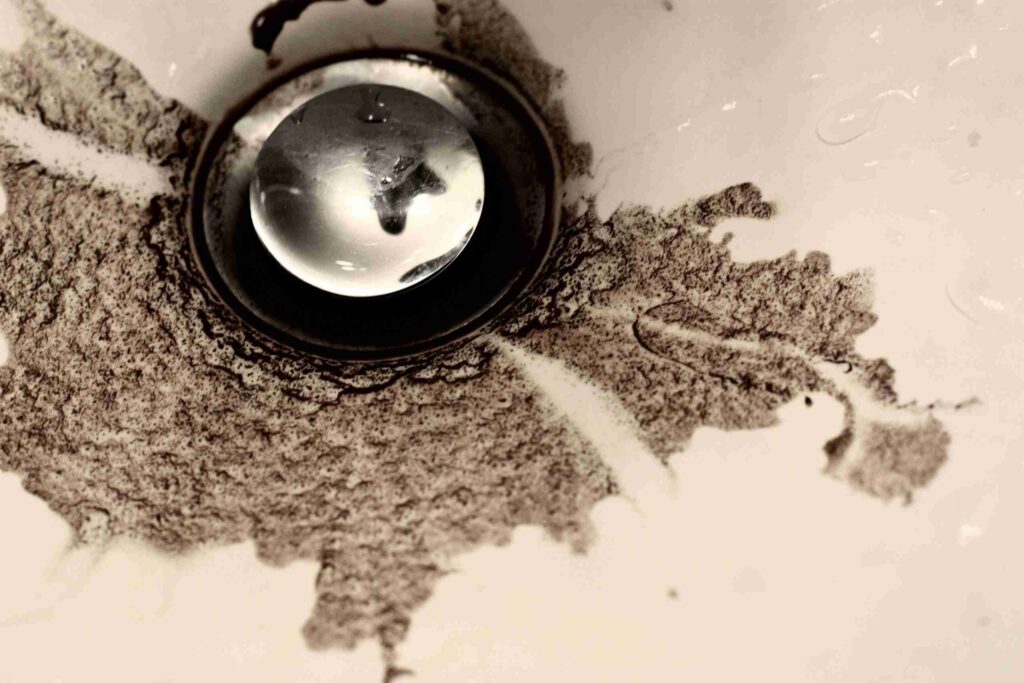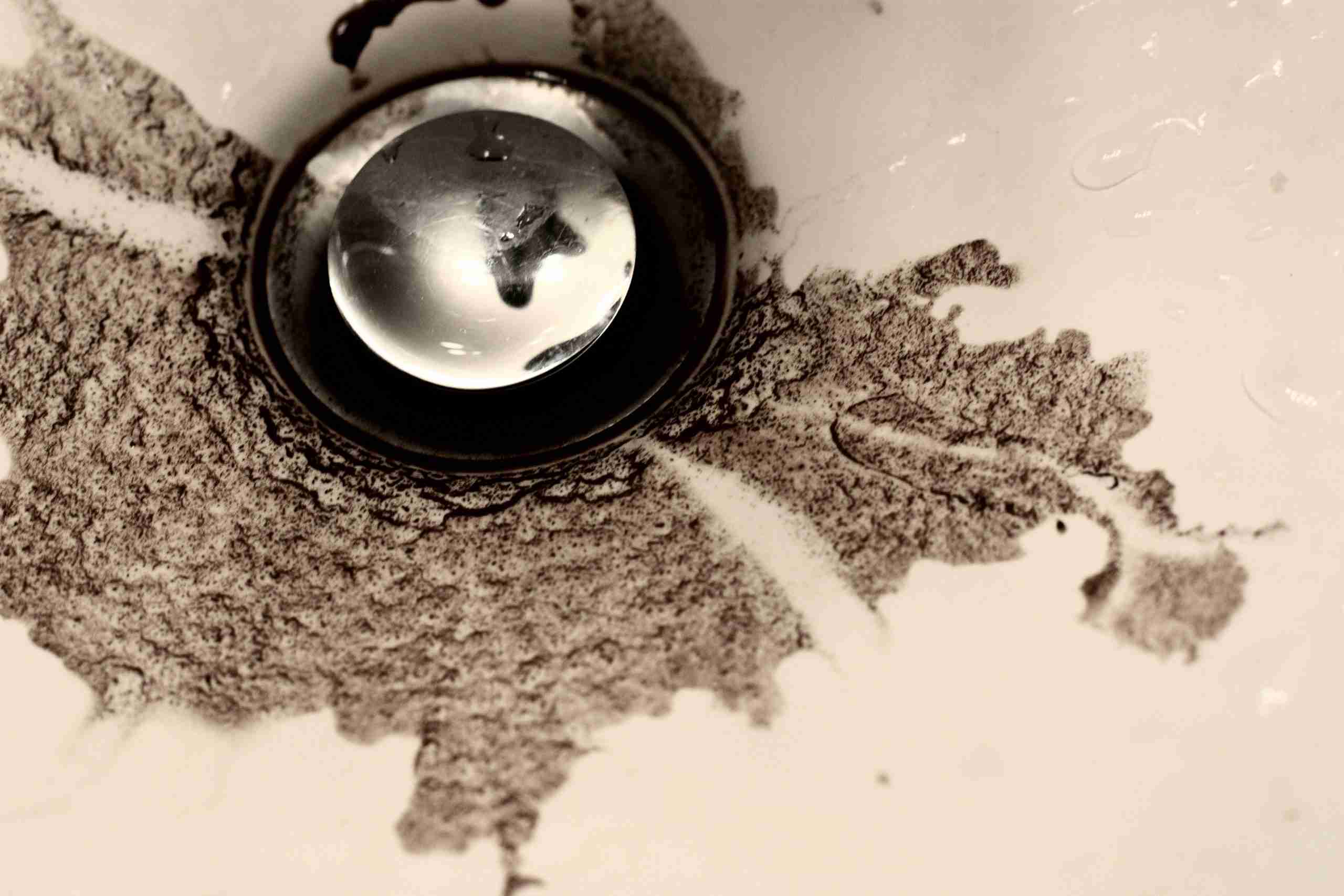
Is It Okay to Put Coffee Grounds Down the Sink? A Plumbing Perspective
The morning ritual. The aroma. The lifeblood of productivity for millions. We’re talking, of course, about coffee. But what about the aftermath? The spent coffee grounds – where do they go? The sink? The trash? The compost bin? The question of whether it’s okay to put coffee grounds down the sink is one that plagues many a coffee enthusiast, and for good reason. Plumbing, after all, is a delicate ecosystem, and what goes down the drain can have a significant impact on its health, and subsequently, your peace of mind.
This article will delve into the definitive answer, exploring the potential consequences of this common practice, and offering practical advice on how to dispose of your coffee grounds responsibly. We’ll examine the science behind clogged pipes, the potential damage to your plumbing system, and the alternatives that are not only safer for your home but also beneficial for the environment. This is not just about avoiding a plumbing bill; it’s about understanding the long-term implications of our daily habits.
The Downward Spiral: Why Coffee Grounds and Drains Don’t Mix
The fundamental problem with putting coffee grounds down the sink lies in their physical properties. Unlike liquids, which flow readily through pipes, coffee grounds are particulate. They are small, yes, but they are also abrasive and, critically, insoluble. This means they don’t dissolve in water. Instead, they accumulate. Think of it like sand in a river; a little bit might be manageable, but a consistent influx will eventually lead to a blockage.
Consider the following:
- Buildup: Coffee grounds, even when wet, tend to clump together. This clumping action is exacerbated by the presence of grease, oil, and other food particles that often make their way down the drain.
- Abrasion: As the grounds travel through the pipes, they can scratch and wear down the interior surfaces, particularly in older plumbing systems. This can accelerate corrosion and lead to leaks.
- Sedimentation: Coffee grounds settle at the bottom of pipes, especially in areas with reduced water flow, like the bends and traps. Over time, this sediment builds up, narrowing the pipe diameter and reducing water flow.
- Clogs: Ultimately, the accumulation of coffee grounds, combined with other debris, forms a solid mass that blocks the pipe, leading to a complete stoppage of water flow.
This process doesn’t happen overnight. It’s a gradual build-up, often unnoticed until a slow drain or a complete clog forces your hand. But the consequences can be significant, ranging from inconvenient to expensive.
The Plumbing Perspective: What Happens When Coffee Grounds Take Over
From a plumber’s perspective, coffee grounds are a recurring nuisance. They contribute significantly to drain clogs, adding to the workload and the cost of repairs. When a plumber is called in to address a clogged drain, coffee grounds are often a primary suspect, alongside other culprits like grease, food scraps, and hair. It’s a frustrating situation, as it’s often a preventable one.
The damage caused by coffee grounds can extend beyond a simple clog. Consider these potential issues:
- Pipe Blockage: As mentioned, this is the most immediate and common problem. It can lead to water backing up into your sink, dishwasher, or even other parts of your home.
- Pipe Damage: The abrasive nature of coffee grounds can wear down pipe interiors over time, especially in older pipes made of materials like galvanized steel.
- Drain Odors: Stagnant coffee grounds can decompose and produce unpleasant odors, permeating your kitchen or bathroom.
- Increased Repair Costs: Addressing a clog caused by coffee grounds can involve the use of specialized tools and techniques, adding to the overall cost of the repair. In severe cases, it may require pipe replacement.
It’s important to remember that the severity of the problem depends on several factors, including the type of plumbing system, the age of the pipes, and the frequency with which coffee grounds are disposed of down the drain. However, the risk is always present, and the potential consequences are significant enough to warrant caution.
Alternatives: Safe and Sustainable Ways to Dispose of Coffee Grounds
The good news is that there are plenty of safe and even beneficial alternatives to putting coffee grounds down the sink. These methods not only protect your plumbing but also offer environmental and practical advantages.
Composting
Composting is perhaps the best and most eco-friendly way to dispose of coffee grounds. Coffee grounds are a valuable addition to a compost pile, adding nitrogen and other essential nutrients. They help to enrich the soil, improve water retention, and suppress weeds. Simply add your used coffee grounds to your compost bin along with other organic materials like food scraps, leaves, and grass clippings. Your garden will thank you.
Gardening
Even if you don’t have a compost bin, you can still use coffee grounds in your garden. They can be used as a soil amendment or as a mulch. Sprinkle coffee grounds around plants to help retain moisture, deter pests (like slugs and snails), and provide nutrients. Coffee grounds are particularly beneficial for acid-loving plants like roses, azaleas, and blueberries.
Trash Disposal
If composting or gardening aren’t options for you, the next best solution is to dispose of your coffee grounds in the trash. This is a straightforward method, although it doesn’t offer the same environmental benefits as composting or gardening. Make sure to let the coffee grounds dry out a bit before discarding them to minimize odor.
Other Creative Uses
Coffee grounds have a surprising number of other uses, from odor absorption to cleaning. Here are a few ideas:
- Deodorizer: Place a small bowl of dried coffee grounds in your refrigerator or freezer to absorb odors.
- Cleaning Scrub: Use coffee grounds as a gentle abrasive scrub for cleaning pots, pans, and sinks.
- Insect Repellent: Sprinkle coffee grounds around your home or garden to deter insects.
Preventive Measures: Protecting Your Plumbing System
While the best solution is to avoid putting coffee grounds down the sink altogether, there are some preventive measures you can take to minimize the risk of clogs if you occasionally slip up. These measures are beneficial for the overall health of your plumbing system.
- Use a Drain Strainer: Install a drain strainer in your sink to catch coffee grounds and other debris before they enter the drain.
- Flush with Hot Water: After using the sink, flush the drain with hot water for a few minutes to help wash away any remaining coffee grounds.
- Regularly Clean Your Drain: Periodically clean your drain with a commercial drain cleaner or a mixture of baking soda and vinegar.
- Professional Inspection: Consider having your plumbing system inspected by a professional plumber on a regular basis, especially if you suspect any issues.
The Verdict: Is it Okay to Put Coffee Grounds Down the Sink?
In conclusion, the answer to the question, “is it okay to put coffee grounds down the sink?” is a resounding no. While a small amount may seem harmless, the cumulative effect of coffee grounds on your plumbing system can lead to clogs, pipe damage, and costly repairs. The abrasive and insoluble nature of coffee grounds makes them a significant threat to the smooth operation of your drains.
Fortunately, there are numerous alternatives that are both safe for your plumbing and beneficial for the environment. Composting, gardening, and even simply disposing of coffee grounds in the trash are all far better options. By adopting these practices, you can enjoy your morning coffee ritual without worrying about the consequences for your plumbing system.
Remember, a little prevention goes a long way. Taking the time to dispose of your coffee grounds responsibly can save you time, money, and the headache of dealing with a clogged drain. So, the next time you brew a pot of coffee, take a moment to consider the final destination of those used grounds. Your pipes, and your wallet, will thank you.
[See also: How to Properly Dispose of Cooking Grease]
[See also: Common Household Plumbing Mistakes to Avoid]
[See also: DIY Drain Cleaning Techniques]


